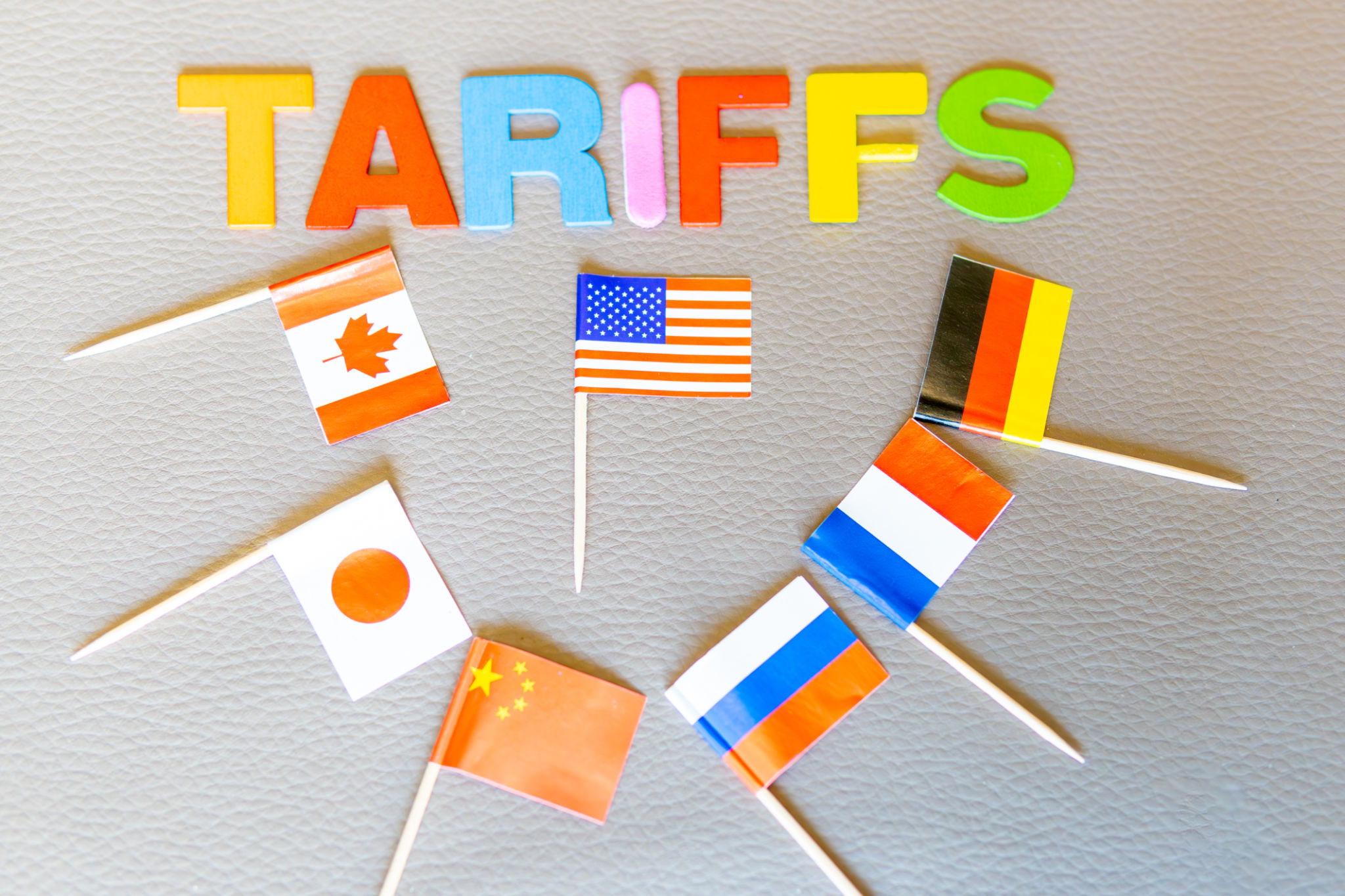Top Misconceptions About AI and Political Campaigns
The Role of AI in Political Campaigns
Artificial Intelligence (AI) has become a transformative force in various sectors, and political campaigns are no exception. However, there are numerous misconceptions surrounding the role of AI in this field. Understanding these misconceptions is crucial as they can shape public perception and influence decision-making processes.
AI's involvement in political campaigns often raises concerns about privacy, fairness, and transparency. But what exactly are the top misconceptions that need debunking? In this blog post, we aim to clarify some of these myths and provide a clearer picture of AI's capabilities and limitations.

Misconception 1: AI Replaces Human Decision-Making
One common misconception is that AI can replace human decision-making entirely in political campaigns. While AI can analyze vast amounts of data to identify patterns and trends, it does not have the capability to make nuanced political decisions. Human intuition, empathy, and ethical considerations are elements that AI cannot replicate.
AI tools can assist campaign managers by providing data-driven insights and predictive analytics, but the ultimate decisions still rest with human strategists. This collaboration between humans and AI is what makes modern political campaigns more efficient and targeted.
Misconception 2: AI Guarantees Election Success
Some believe that employing AI in a political campaign automatically leads to success. This is far from true. While AI can enhance voter targeting and campaign strategies, it is not a magic wand that guarantees victory. The effectiveness of AI depends on how well it is integrated into the overall campaign strategy.

Factors like candidate appeal, public sentiment, and socio-political dynamics play significant roles in election outcomes. AI provides valuable insights, but it cannot predict or ensure election results with absolute certainty.
Misconception 3: AI Invades Privacy
The fear that AI invades personal privacy during political campaigns is widespread. It's important to note that responsible use of AI involves adhering to privacy laws and ethical guidelines. AI tools can analyze data without compromising individual privacy if implemented correctly.
Campaigns must ensure transparency in data collection and usage, building trust with the electorate. Public awareness about data privacy rights can also help mitigate concerns related to AI's role in political campaigns.

Misconception 4: AI Leads to Unethical Manipulation
Many worry that AI could be used for unethical manipulation in political campaigns. While there is potential for misuse, ethical standards and regulations are in place to prevent such scenarios. Campaigns that prioritize ethical practices can leverage AI for positive engagement rather than manipulation.
AI can help in crafting personalized messages based on voter interests, but the key is to maintain transparency and authenticity in communications. Voter trust is built through honesty and integrity, not through manipulation.
The Future of AI in Political Campaigns
The future of AI in political campaigns looks promising if used responsibly. As technology continues to evolve, so will the methods of engaging with voters. By addressing these misconceptions and fostering informed discussions, we can ensure that AI contributes positively to the democratic process.
Understanding the role of AI in political campaigns requires continuous education and dialogue among stakeholders. This will help dispel myths and enable the development of more effective and ethical campaign strategies.